The Origin of Peer-to-Peer Payment Scam
Peer to Peer payment scams or P2P payment scams are on the rise these days, and you need to be aware of the scams to stay away from P2P payment scammers.
In these scams, A scammer pretends to be someone else, such as a victim’s bank. Scammers then trick victims into transferring money to them via a P2P payment. By the time victims realize the transfers were illegitimate, the scammers will often have deleted their accounts and disappeared into cyberspace.
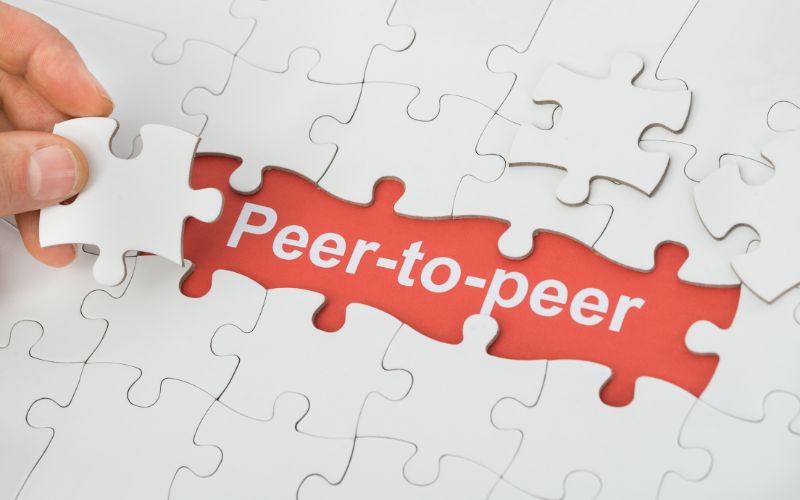
Latest News & Scam Alerts
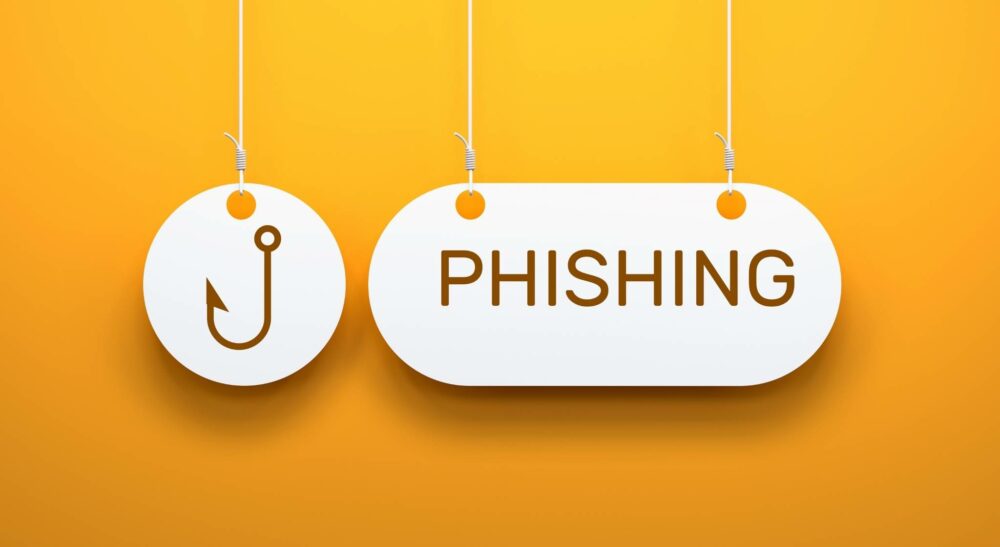
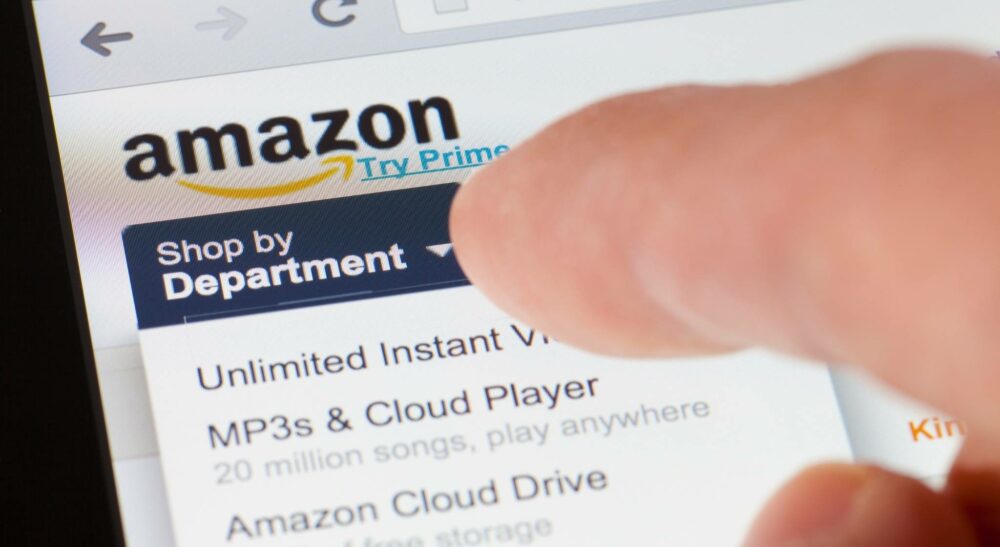

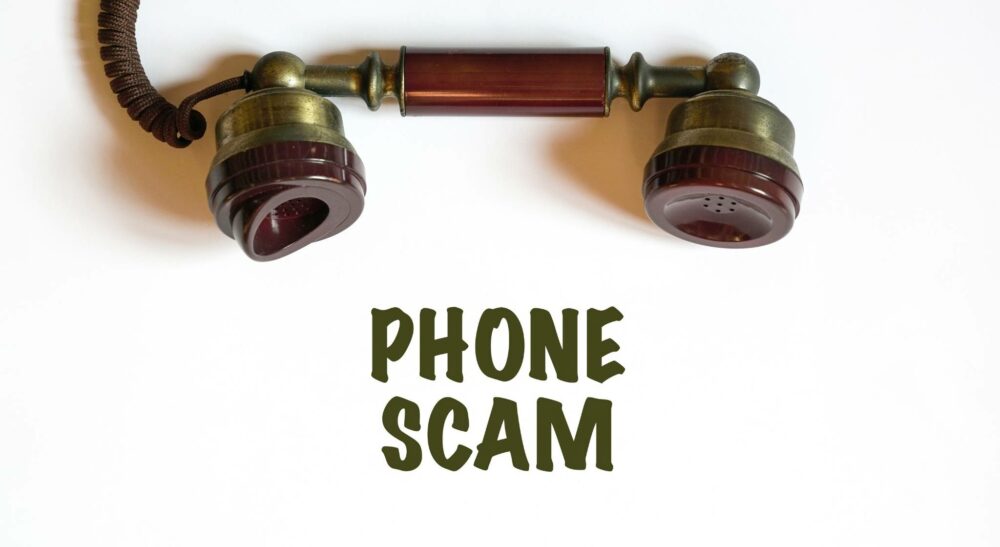
The Latest 411 on Current Day Cell Phone Scam

Smishing: A Whole New Level of Scams & Frauds
Over £27million lost to scams involving crypto and forex investments in 2018/19
Securities and Exchange Commission
If you’re someone who is into Online Auctions, then you’re definitely at the right place. We can give you the best practices in identifying red flags as well as help you in recovering your stolen money from scammers!
Table of Contents
What You Need to Know About Fraud With Peer-to-Peer Payments
Giving out personal information is a major cause of fraud. Scammers and fraudsters influence their victims’ emotions by offering “too good to be true” deals and knowing they don’t make good decisions under pressure.
- AARP found that over half of Americans believe they can recover error-sent money. Wire transfers and peer-to-peer payments are rarely reversible.
- Scams involve claiming a fraud emergency. Instead of clicking on links or dialing phone numbers supplied over text, voice, or email, visit the site or use a trustworthy app to avoid these frauds.
- The FTC warns that the government will never contact for sensitive information like Social Security numbers, account numbers, or credit card numbers. Impersonating the government is a scary way to create high-pressure urgency.
- A grant or reimbursement check containing a “fee” indicates fraud.
- Call the primary number for your credit union, bank, credit card, or P2P platform, not one in an email or text. On that line, they can give you the number to call, transfer you, or check the message. Time-consuming, but it prevents identity theft and financial loss.
· Avoid unsolicited moneymaking opportunities that sound too good to be true. Too-good-to-be-true offers usually need you to deposit a check into your account and either wire transfer a portion of the funds back to the scammer or buy gift cards and call in the activation numbers.
P2P Fraud vs. P2P Scams
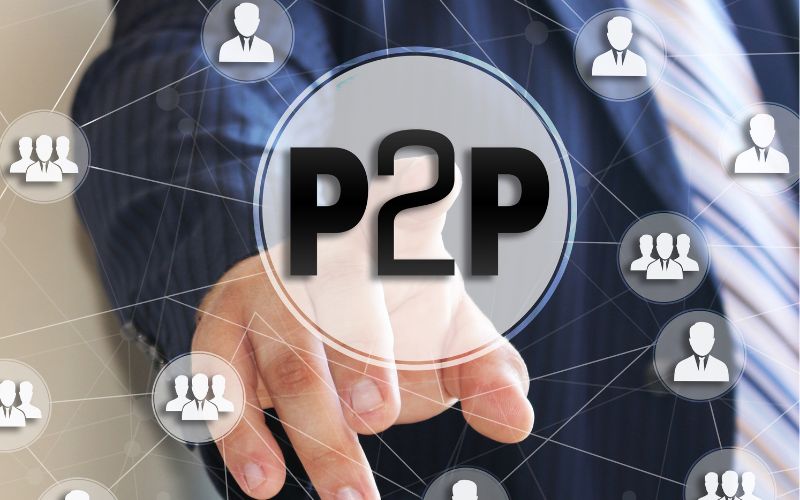
Scam and fraud are frequently used interchangeably. But there is a distinction.
Fraud typically occurs when someone accesses or utilizes your account without your consent. Scams occur when you are deceived yet still authorize the payment. The fraud primarily entails illegal transactions. Scams include transactions that are permitted.
The distinction is significant because the same protections aren’t offered if a transaction is permitted. It follows that there might not be much you can do to get your money back, even if it was a fraud or a simple error.
What Are Some Common P2P Frauds and Scams?
Unauthorized Electronic Fund Transfers
If money leaves your account without your permission, it may be an unauthorized EFT. Hacks, stolen devices, and compromised card numbers can cause this fraud. You may have been phished.
Seller Scams
Scams can take various shapes. They may offer tickets, discounted items, or cute pets. Possibly anything. The one thing they all have in common, though, is that the advertised product will probably never be delivered to your front door.
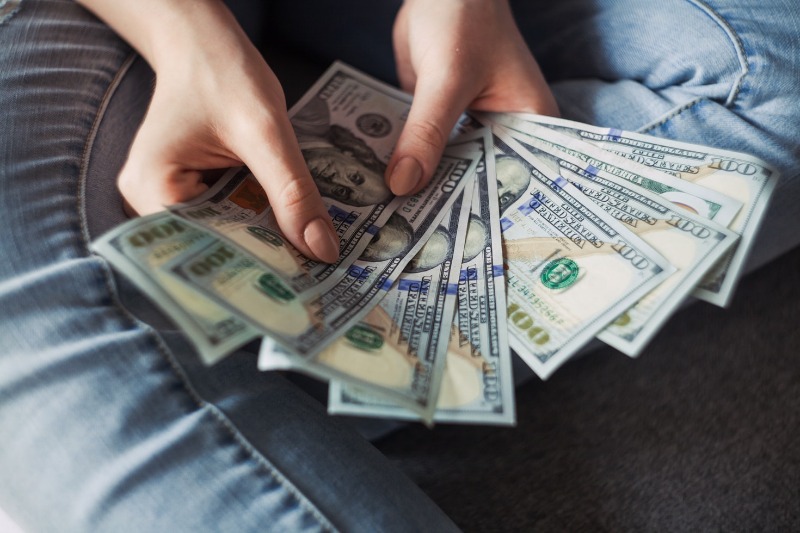
Buyer Scams
If someone sends you money, how can you be scammed?
It’s strange but true. They’re overpayment scams. They usually start with a fake check to buy your online item. Scammers overspend and request a refund. The check bounces, and you may lose the thing you were selling
Money Mule Scams
These frauds have a legal catch.
It’s a money-laundering fraud. Fake dating profiles, work-from-home opportunities, and rewards are common scams involved. Scammers send money and urge victims to forward it. They won’t inform you the money is stolen or that the reason you’re sending it is a cover for illicit activities.
These are some P2P scams and frauds. They also happen with other payment methods. If something sounds too good to be true, it probably is.
How This Highly Effective Scam/Fraud Works
A user on a P2P payment platform receives a payment request for a good or service from a scammer posing as a real company. The buyer sends the money, but the products are never received.
DO YOU NEED EXPERT ADVICE?
We have encountered victims who were mentally and emotionally drained when they were scammed out of their money.
We can help you with your legal and technical concerns and we can help you get your money back.
How do Fraudsters Commit P2P Fraud?
In a P2P payment scam, a buyer can choose an advertisement that offers a reliable payment option, such as bank transfer, but pay with a check knowing it would bounce. They might attempt to persuade the seller to accept a check or even mail it without notifying them.
What to do if You Have Experienced Fraud or Been Scammed
File a police report. A police report shows P2P app providers that you want your payments back and that the transaction is fraudulent.
Make a complaint to the Better Business Bureau if your P2P service provider is unable to assist you. BBB-accredited firms must respond. CFPB’s Consumer Complaint Database accepts reports. This bureau will notify the P2P service to remedy the issue if you report it to them.
Know Who You’re Dealing With
Before making risky purchases, contact the P2P provider and inquire what happens if a dangerous transaction happens and if you’re covered.
Read the Terms of Service
Some app providers ban business transactions like purchasing and selling. Read the terms and conditions before fraud costs you.

Contact Your Financial Institution
Inform your bank. Contact Capital One and learn what happens next.
- If you used a P2P company app, contact them.
- Inform the government of the scam. Start with FTC.
· Report scammers to the FBI directly.
Report Your Situation
There might be constraints to getting your money back if you authorized a payment mistakenly. Reporting it can prevent it from happening again. Knowing scammers’ techniques may help you avoid issues.
How Can You Protect Yourself?
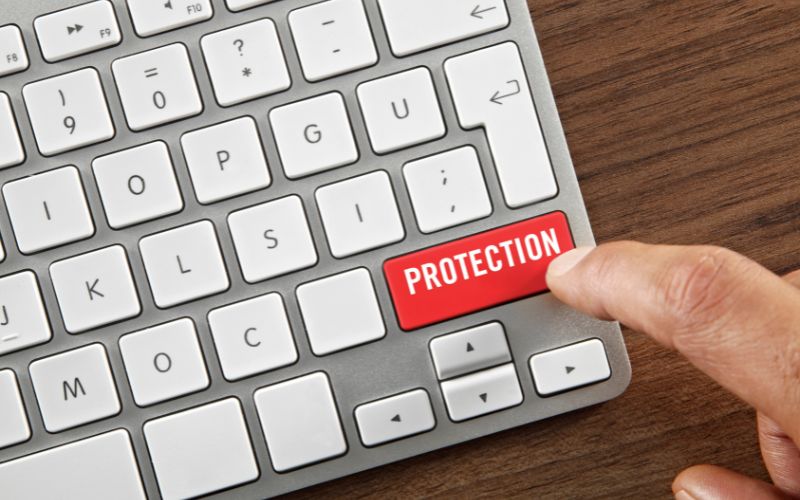
Your financial security and simple payment platforms are seriously threatened by fraud and scams.
You can steer clear of many of these potential threats by remaining informed on the most recent scams, exercising caution, and seeking help from groups you trust.
Tips and Best Practices
Only give money to friends.
Scammers take advantage of fast, irreversible peer-to-peer transactions. Is PayPal safe to send money to strangers? Never use P2P for business. Most programs forbid commercial use, such as selling goods or services via P2P. Instead, try Square Cash for Business or PayPal.
Ensure you can get aid if needed. Some P2P apps make users resolve issues. Before using any P2P service, browse the app for customer service contacts and processes. Update your app. Security experts can’t always keep up with hackers. Old software lacks protection. Enable device auto-updates.
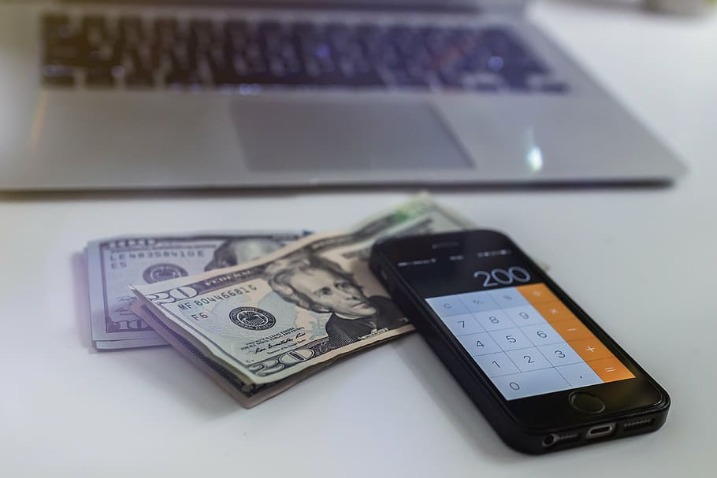
Action Steps to Prevent P2P Scams
- Once sent, many P2P apps don’t allow transaction cancellation. Avoid sending or demanding money from strangers.
- Don’t rush when sending money using P2P apps. If someone urges you to act quickly, be cautious.
- P2P apps move money fast. To ensure your money reaches where you want, double-check your information.
- P2P apps protect accounts. Allow them to. Multifactor authentication is one example. Two-factor authentication requires additional pieces of information to log in, usually your username and password. Enter a number code from an email or text in the second step. You might also utilize facial or fingerprint recognition.
- Avoid posting personal information on social media. Avoid friending strangers.
· Use separate P2P app passwords. There are tools to help you remember them all. Like personal information, don’t exchange passwords.
Can You Get Your Money Back in a P2P Scam?
Most likely not.
Although P2P providers are partially liable for fraud, money stolen by scammers is probably lost forever. You don’t have chargeback rights like you would with a credit or debit card purchase; P2P payments are handled like cash transactions.
For more relevant information, visit Ez Chargeback and find thousands that can help you invest your money in the right place. If you have been scammed in an online auction scam, contact us, and we will help you get your money back.
do you need help?
A lot of those who contact us have questions and concerns about their personal and business data being compromised. We aim to arm you with the legal and technical know-how in the fight against scams. Also, we will be able to refer you to top scam recovery agencies.
Please fill up the form. Rest assured that our support team will get in touch with you





